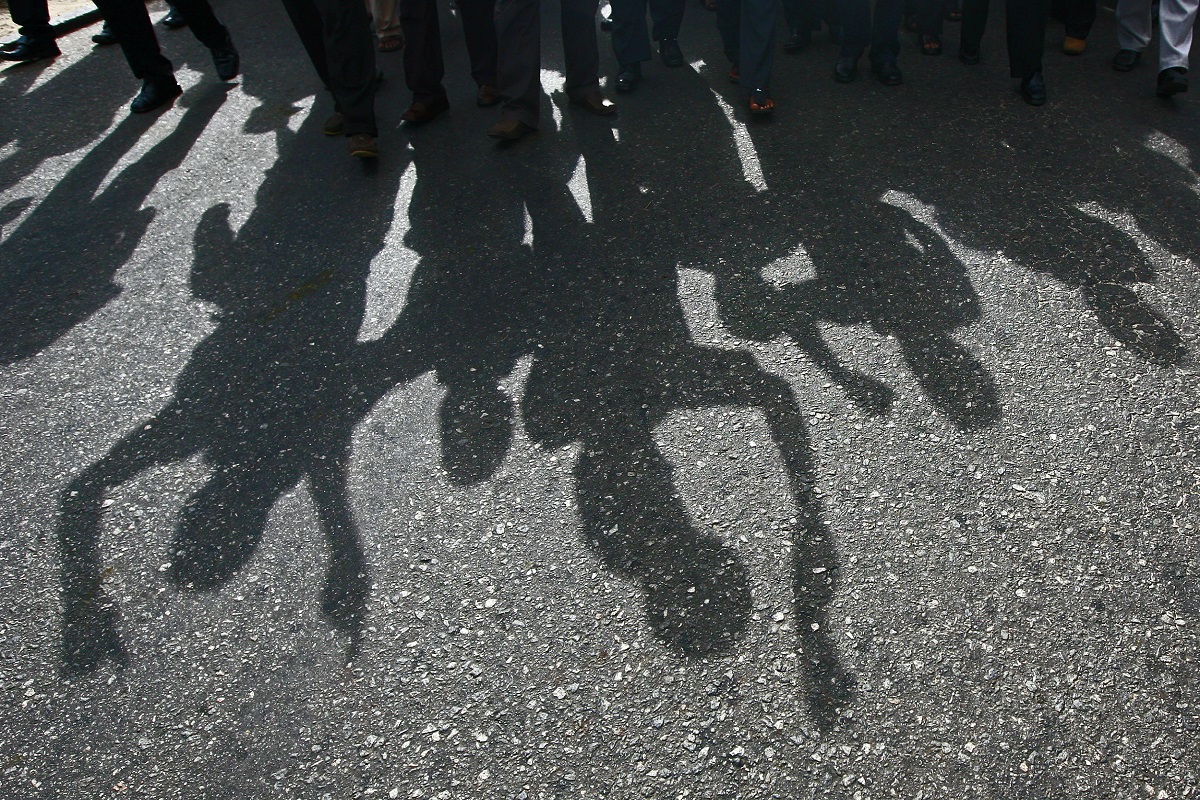Rail services disrupted by GCPA protest
Train operations were brought to a standstill today following a rail blockade staged by the Greater Cooch Behar People's Association (GCPA) at Jorai Railway Station near the Bengal-Assam border.
Members of the Rajbanshi community, under the banner of the Greater Cooch-Behar People’s Association (GCPA), protested against the disconnection of electricity connections in parts of Cooch Behar and adjoining areas in Jalpaiguri district.

Representational image (Photo: IStock)
Members of the Rajbanshi community, under the banner of the Greater Cooch-Behar People’s Association (GCPA), protested against the disconnection of electricity connections in parts of Cooch Behar and adjoining areas in Jalpaiguri district.
The GCPA, which has been demanding a separate state of Cooch Behar, has not paid electricity bills since 2014 as part of its movement. The group claims that Cooch Behar remains a state and references a treaty with former ruler Jitendra Narayan Bhup Bahadur, who did not collect taxes.
Advertisement
On Tuesday, electricity department officials disconnected connections in Duramari village under the Banarhat block in Jalpaiguri, citing over a year of pending dues. Many GCPA members were reportedly not at home when the disconnections occurred.
Advertisement
In response, GCPA leaders, led by Jalpaiguri district president Mohan Roy Pramanik, held a meeting with villagers and restored the disconnected connections themselves.
GCPA chief Banshi Badan Barman, who initiated the movement for a separate state in 2006, included non-payment of electricity bills in the group’s agenda in 2014. Despite chief minister Mamata Banerjee’s criticism during a visit to Cooch Behar, the group continues to resist payment. Authorities have largely been unable to enforce disconnections in the area.
Speaking to reporters, Abhay Roy, a resident of Duramari, said: “We have not paid electricity bills since 2014 as part of our movement. The Centre and the state have failed to clarify whether Cooch Behar is a state or a district. If the administration proves it is a district, we will start paying.”
The district administration reiterated Cooch Behar’s official status, noting that it transitioned from a princely state to a district after merging with West Bengal on 19th January 1950, following an agreement signed in 1949.
Advertisement